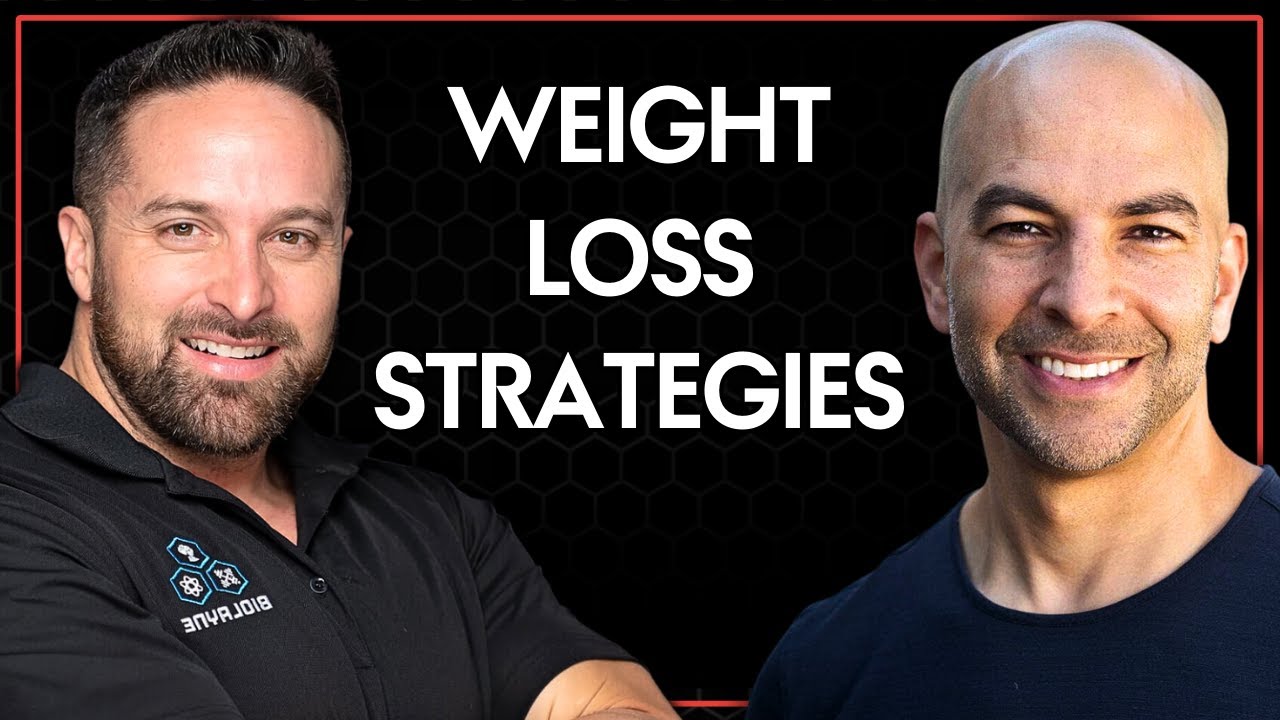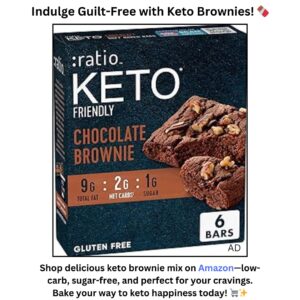What is the Most Effective Best Weight Loss Strategy?

Best weight loss strategy
Check on YouTube
Introduction
With so many weight loss strategies out there, finding the “best” one can feel overwhelming. Is it calorie restriction, intermittent fasting, low-carb diets, or something else? In this post, we’ll explore expert insights from renowned health professionals to uncover the most effective weight loss strategies that prioritize sustainability, health, and results.
The Foundations of a Successful Weight Loss Strategy
According to experts like Dr. Peter Attia and Dr. Layne Norton, the best weight loss strategy isn’t a one-size-fits-all solution. Instead, it’s built on these core principles:
- Consistency: A strategy you can stick to long-term is more important than quick fixes.
- Caloric Deficit: Sustainable weight loss always comes down to burning more calories than you consume.
- Focus on Nutrient Density: Prioritize whole, nutrient-rich foods over processed ones.
Expert-Recommended Weight Loss Strategies
1. Tracking Calories and Macros
Layne Norton emphasizes the importance of tracking your food intake to ensure you’re in a caloric deficit.
- Why it works: It provides a clear picture of what you’re consuming, helping you make more informed decisions.
- How to start: Use apps like MyFitnessPal to log your meals and monitor your protein, fat, and carb intake.
2. Strength Training and Exercise
Both experts highlight the role of resistance training in preserving muscle mass while losing fat.
- Benefits: Boosts metabolism, improves body composition, and supports long-term fat loss.
- Plan: Incorporate 2-4 strength training sessions weekly, complemented by cardio for additional calorie burn.
3. Prioritize Protein
Dr. Peter Attia stresses the importance of consuming enough protein to support muscle preservation and satiety.
- Benefits: Protein helps you feel full and prevents muscle loss during a caloric deficit.
- Goal: Aim for 1.6-2.2 grams of protein per kilogram of body weight.
4. Intermittent Fasting
Intermittent fasting, such as the 16:8 method, is an effective tool for controlling calorie intake.
- Why it works: It limits the eating window, making it easier to naturally reduce calories without feeling restricted.
- Pro Tip: Focus on balanced, nutrient-dense meals during your eating period to avoid overeating.
5. Focus on Behavioral Change
Sustainable weight loss is about changing habits.
- Expert Insight: Dr. Attia emphasizes the importance of creating systems and routines, such as meal prepping, journaling, or mindful eating practices, to build a sustainable lifestyle.
What Doesn’t Work for Long-Term Weight Loss
- Crash Diets: Rapid weight loss is often unsustainable and leads to rebound weight gain.
- Over-Reliance on Supplements: No pill or shake can replace the basics of a healthy diet and exercise.
- All-or-Nothing Mindset: Balance is key—occasional treats won’t derail your progress if your overall habits are solid.
Tailoring Your Strategy
- For Busy Individuals: Intermittent fasting or meal prepping can simplify your routine.
- For Fitness Enthusiasts: Combine strength training with tracking macros for optimal results.
- For Beginners: Start with small, sustainable changes, like replacing sugary drinks with water or walking 30 minutes daily.
Conclusion
The best weight loss strategy is the one that fits your lifestyle, goals, and preferences while prioritizing health and sustainability. Whether it’s tracking calories, incorporating intermittent fasting, or focusing on strength training, the key is consistency. Consult a healthcare professional or nutrition expert to personalize your approach and achieve long-lasting results.








